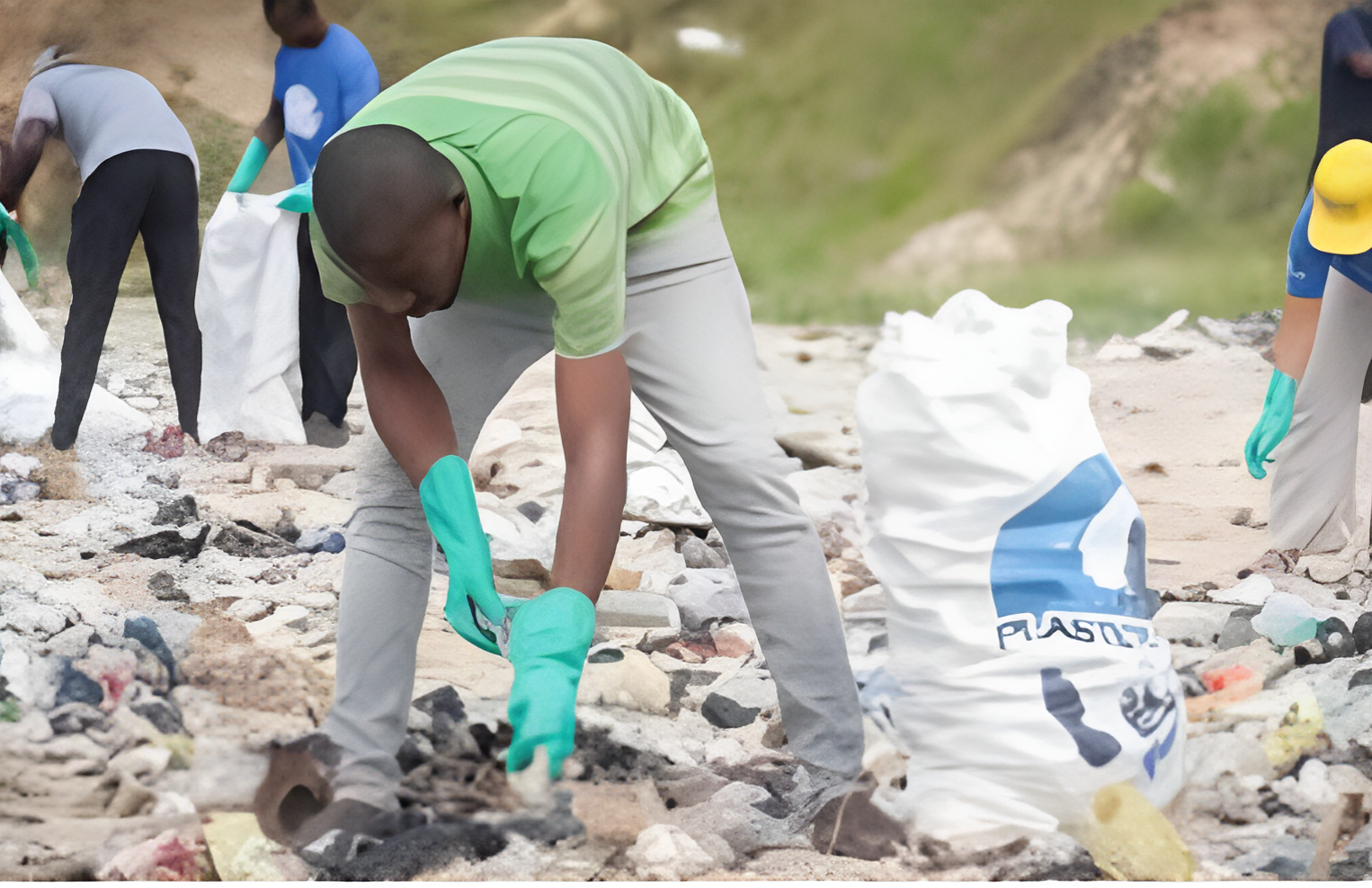In Nairobi’s Dandora dumpsite, a thick haze rises as people sift through mounds of plastic and electronics, scavenging for anything of value. But this is not just a local crisis—it’s part of a global system known as waste colonialism, where wealthier nations export their waste to poorer countries under the pretense of trade or aid. Plastic and electronic trash from the Global North have poured into African countries such as Kenya, Ghana, and Nigeria for decades.
A 2020 Greenpeace report estimated that more than 1.5 million metric tonnes of plastic trash are exported to these countries every year. Frequently branded as “recyclable,” much of the trash is dirty and cannot be processed, in contravention of international conventions such as the Basel Convention. The origins of the problem go back to colonial exploitation. While materials were previously pulled out of Africa for outside profit, nowadays, environmental expense is farmed back onto the continent in the shape of toxic waste. Electronic waste, in especially, is now a top concern.
In Ghana’s Agbogbloshie slum, laborers burn wires to pull out copper, emitting lethal toxins that cause cancer and respiratory illnesses. The human and environmental cost is dire. Plastic-choked rivers exacerbate flooding, microplastics are eaten by marine life, and poisonous fumes poison communities. Nevertheless, multinational companies keep taking advantage of loopholes in the law, pressurizing African governments to ease anti-plastic legislation in the guise of free trade.
In spite of these obstacles, resistance is mounting. Kenya’s Waste Management Act now makes illegal imports a criminal offense, and Ghana is legalizing e-waste recycling. Grassroots groups and watchdog agencies are uncovering illicit waste shipments and demanding stronger enforcement of international agreements. Policing waste colonialism needs international responsibility. Rich countries need to deal with their waste rather than dumping it.
Effective policies, investments in sustainable waste handling, and international agreements such as the planned UN treaty on plastic pollution can halt this abuse. At a personal level, limiting plastic use, e-waste disposal in an environmentally friendly manner, and encouraging sustainable practices can make a difference. By holding governments and companies accountable, the vicious cycle of waste colonialism can be addressed—before the world’s dumpsite becomes Africa.

